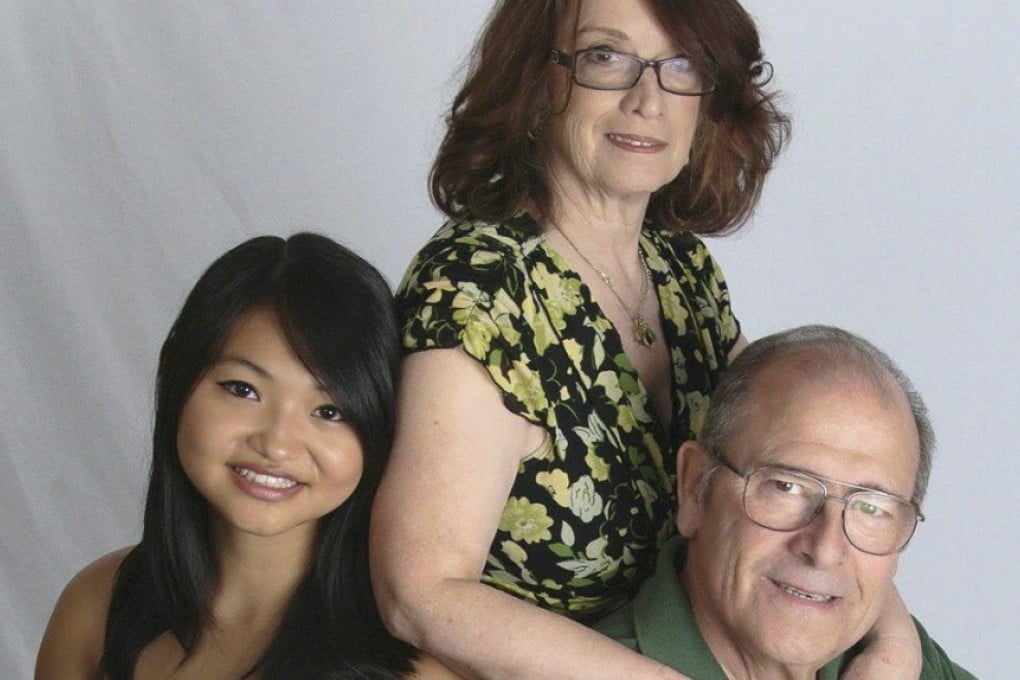How one-child policy plucked a girl from China to US and gave her undreamt-of opportunities
In her own words, Ricki Mudd tells how she was removed from her home in Zhejiang province, adopted by an American couple and given opportunities she couldn't have enjoyed in China. Better still, she now has two families.

"So what time does your flight get into Sea-Tac?" To me, it seemed a fairly basic question. But it confused my brother, Wuchao, who was texting me from China. At 19, he'd never been on an international flight before. He hadn't thought to ask about an arrival time, an airline or a flight number. All he knew was when his plane was supposed to leave Shanghai. I was going to have to figure this one out on my own.
Eventually, I got him to send me his ticket confirmation. It was written in Chinese and exceeded my basic understanding of the language, so I plugged it into Google Translate, putting periods in odd places, as you have to, to trick it into recognising Chinese words. Aha! I was able to decipher "Delta". I emailed customer service, attached the confirmation notice and swore that I wasn't trying to get any identifying information - I just didn't want my brother to come through customs and find himself alone. Finally, I had my answer: he was supposed to arrive at the Seattle-Tacoma International Airport on December 21 at 7.42am.
Sometimes it's odd to think that between us, Wuchao is supposedly the privileged child - the boy preferred by Chinese society, the son my family held out for while I was hidden and ultimately put up for adoption.
I'm among the more than 100,000 children adopted from China by Western families since the early 1990s. Most of us are girls, by-products of the one-child policy, which compounded the cultural gender bias. Few of us know about the families we left behind - or, in many cases, who left us.
When I was nine, I got a letter from my birth parents. Since then, I've made two trips to China to get to know them and to answer questions that gnaw at so many adoptees: what happened? Why didn't they want me? Or if they did want me, why am I here? And what would my life have been like if I had stayed?

The story I got from them is the one I imagine every adoptee longs to hear: my parents never wanted to give me away. In fact, they desperately wanted to keep me. Yet I've learned not to be nostalgic about what might have been. The one-child policy brought my family, and many other families, immense pain. But by forcing my parents to give me up, it also opened incredible opportunities for me - opportunities so irresistible that my brother, the child my parents kept, moved to the United States last year for the education and other advantages that time in America can provide.